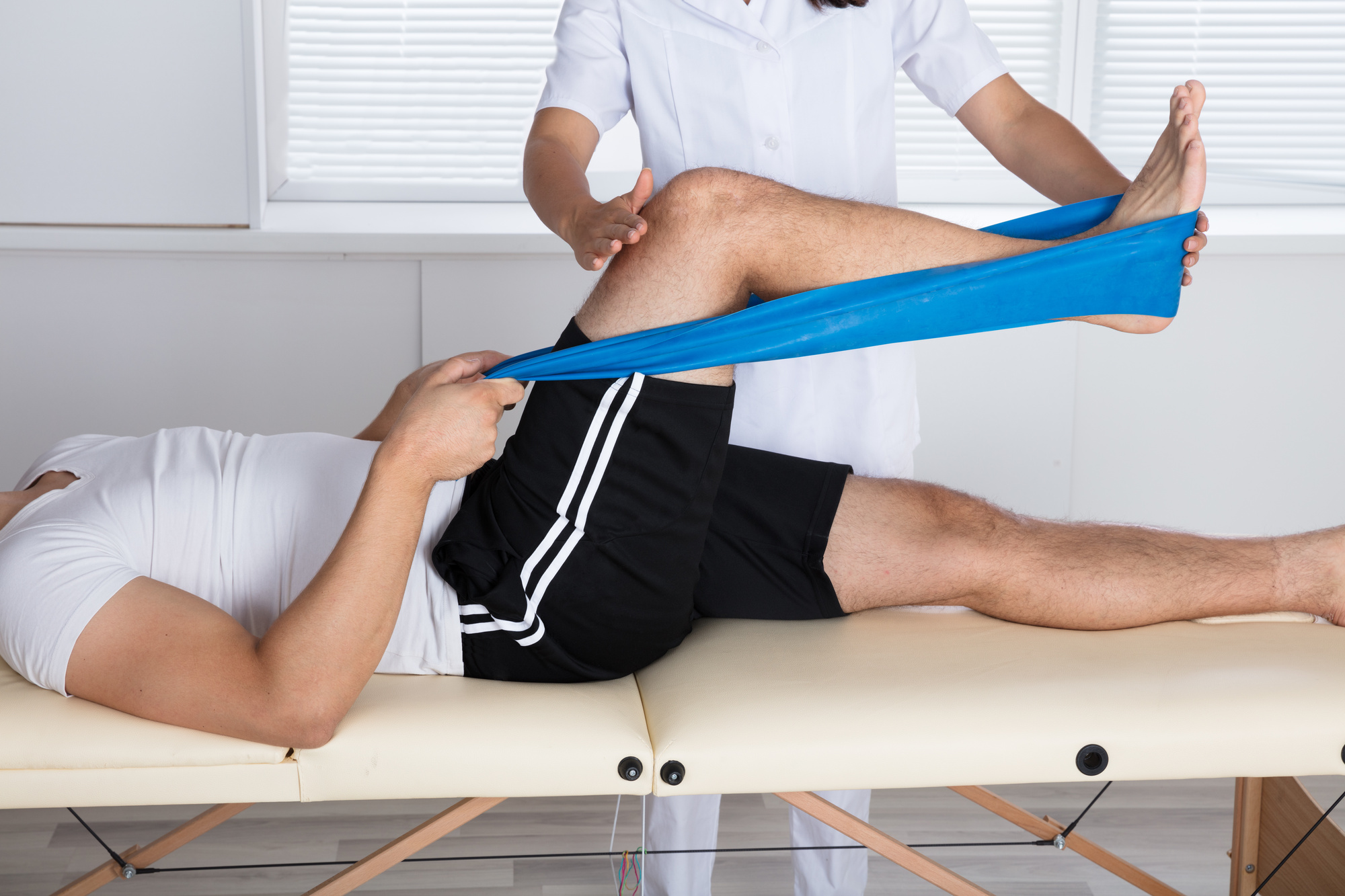Applying Cognitive Fortitude to Improve Gains in Athletic Therapy
Wiki Article
Mental toughness is an important attribute that can measurably improve results in physical treatment. Athletes often encounter conditions that involve time away from their sport, which can be both bodily and mentally challenging. Mental resilience refers to the ability to remain grounded and optimistic in the face of obstacles. It helps athletes manage the pressure of rehabilitation, stay focused on their goals, and maintain drive throughout the healing process. By developing mental resilience, athletes can improve their recovery experience and return to their discipline better prepared than before.

One key aspect of building psychological strength is setting realistic objectives. When individuals are recovering, it is important for them to have clear, achievable objectives during their rehabilitation. These milestones should be precise, quantifiable, realistic, purposeful, and deadline-driven (actionable) principles. For example, instead of saying “I plan to recover soonâ€, an athlete might set a goal like “I will follow my therapy routine three times weekly for four weeksâ€. This helps recovering individuals monitor their progress and keep their attention on what they can influence, reducing feelings of discouragement or hopelessness.
Another crucial factor in developing psychological endurance is maintaining a uplifting mindset. Recovering individuals should practice affirmative thinking and guided imagery to foster a resilient mental environment. Affirming self-statements involves replacing limiting thoughts with empowering statements. For instance, instead of thinking “This is too hardâ€, an patient could tell themselves “I’m getting stronger with every stepâ€. Imagery can also be beneficial; patients can imagine themselves performing well in their activity as they recover. These practices help build mental fortitude and reinforce the belief that recovery is possible.
Support systems play a critical role in fostering emotional toughness during healing. Individuals should remain engaged with supportive friends, family members, mentors, and rehab specialists who understand the demands of rehabilitation. Open communication with these support figures allows recovering individuals to express their emotions, concerns, and frustrations. Additionally, sharing experiences with other patients can provide a sense of shared understanding and empathy that makes the journey easier. Knowing others have faced related difficulties can encourage hope and motivate athletes to persevere.
In addition, mindfulness practices can greatly enhance an patient’s emotional stability during recovery. Mindfulness involves being attentive of one’s mental processes and emotions without judgment. Practices such as mental stillness, breathwork, or yoga can help patients manage tension and stress related to their healing process. By incorporating these techniques cross-training during injury recovery into their daily routines, patients learn to stay grounded and focused on their recovery process, rather than dwelling on what they have been unable to do during their time off from training. This approach promotes mental clarity and encourages a more positive attitude towards click this link now rehabilitation.